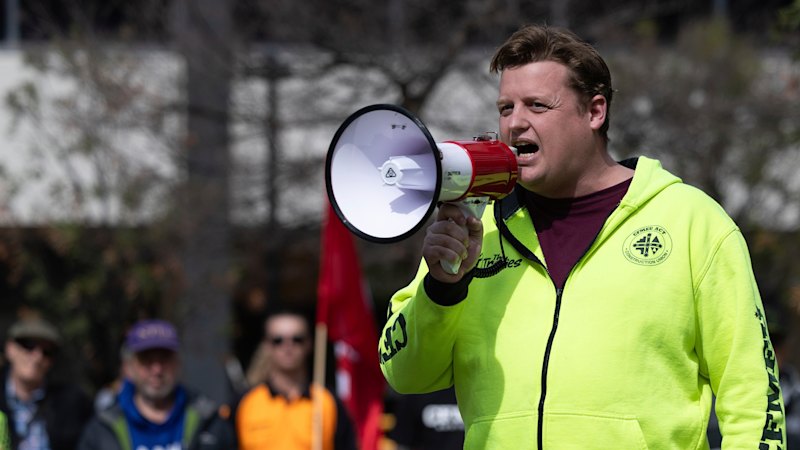
URGENT UPDATE: In a stunning move, former tech entrepreneur and climate advocate Norman Pater has donated over $1.9 million to teal and Greens campaigns just ahead of the crucial state and federal elections in Australia. His significant contributions include a whopping $1 million to Climate 200, confirmed by the Australian Electoral Commission following the release of his election disclosures on Monday.
Pater’s donations mark him as one of the largest political contributors in Australia, eclipsing even billionaire mining magnate Gina Rinehart, who contributed $500,000 to the Coalition in the 2023-24 cycle. His total contributions comprise $400,000 to the Greens, which includes $100,000 for the WA Greens state election campaign and $300,000 for federal campaigns in Western Australia and Queensland.
WHY THIS MATTERS NOW: Pater’s financial backing comes at a time when climate action is at the forefront of political discourse, particularly as he directly challenges the Labor Party for its ongoing support of fossil fuel expansion. “I was motivated to support candidates advocating for urgent climate action,” Pater stated. His donations aim to empower those opposing Labor’s fossil fuel policies, which he believes undermine local communities and the environment.
Pater also heavily supported community independents backed by Climate 200, such as Kate Hulet, who came close to unseating Labor Assistant Minister Josh Wilson in Fremantle. Additionally, he contributed to the campaigns of Kate Chaney in Curtin, Peter George in Franklin, and over $130,000 to independent Sue Chapman in the Forrest electorate.
This influx of support for climate-focused candidates highlights a growing trend among wealthy donors to influence the political landscape in favor of environmental sustainability. With under a month until the elections, Pater’s significant financial contributions could play a pivotal role in shaping the outcome.
WHAT’S NEXT: As the elections approach, all eyes will be on how these investments impact the political scene, especially against the backdrop of ongoing debates about climate policy. Pater’s commitment to fund climate candidates signals a potential shift in political dynamics, making it crucial for voters to stay informed as developments unfold.
In a rapidly changing political environment, Norman Pater’s actions underscore the urgency for climate-focused initiatives and the need for candidates who will actively pursue sustainable policies. The upcoming elections could redefine Australia’s approach to climate change, making Pater’s donations not just a financial backing, but a powerful statement for the future.







